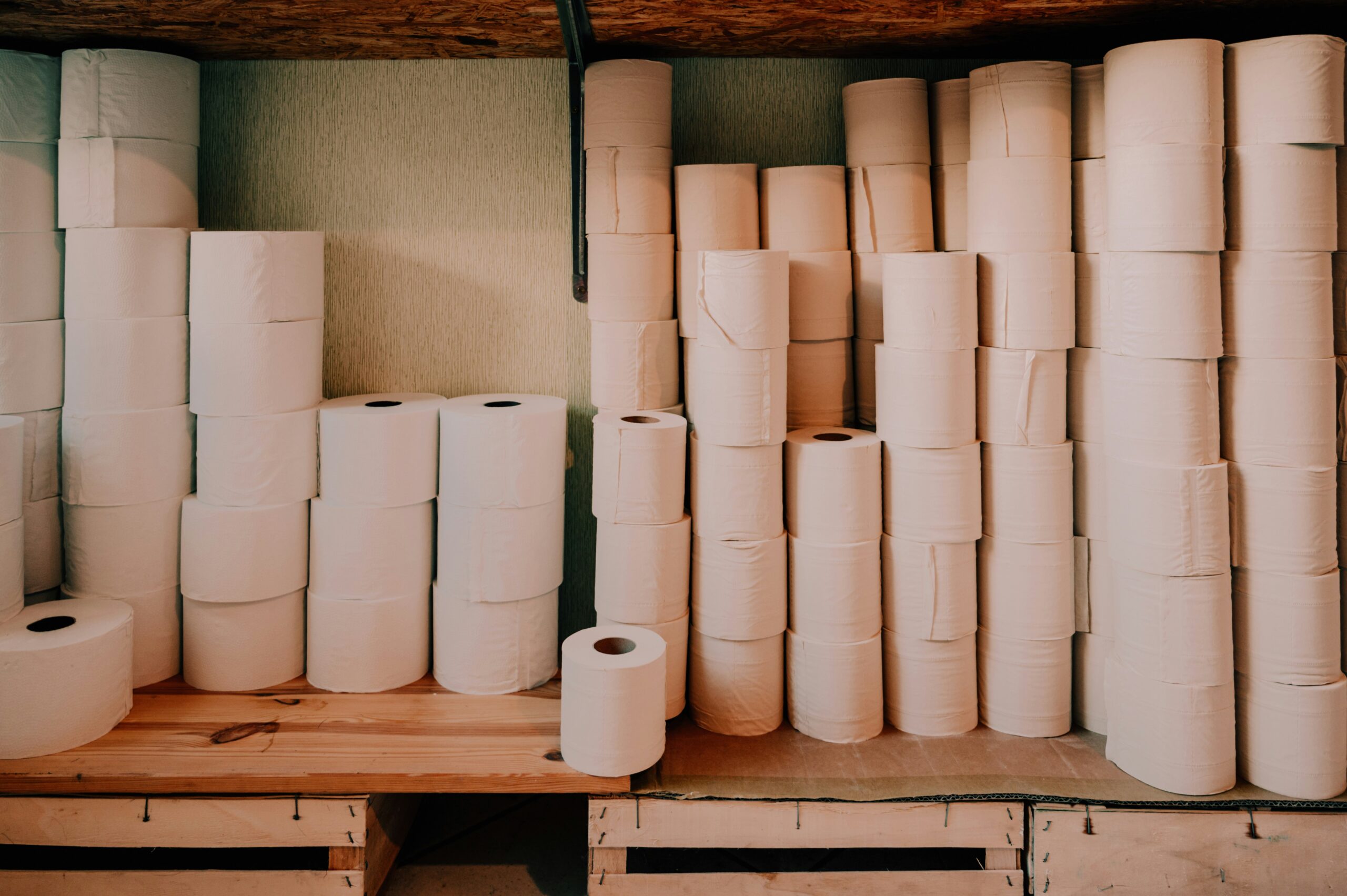In recent years, a growing concern over the environmental impact of traditional toilet paper, which contributes to the deforestation of thousands of acres of Canadian forests annually, has led to a surge in demand for more sustainable alternatives.
This shift in consumer preference is fueling innovation in the toilet paper industry, with companies like Whole Foods, Green Forest, Who Gives a Crap, and Reel Paper leading the charge towards more eco-friendly options.
The traditional process of manufacturing toilet paper primarily relies on wood pulp sourced from Canada, contributing significantly to deforestation. This method has come under scrutiny, particularly from the National Resources Defense Council, which has given some of the most popular toilet paper brands a failing grade in sustainability due to their reliance on forest fiber.
Innovative Alternatives to Traditional Toilet Paper
Enter the innovators: Reel Paper, among others, is pioneering the use of bamboo as an alternative to wood pulp. Bamboo, a grass rather than a tree, offers several environmental advantages:
- Rapid Growth Rate: Bamboo is one of the fastest-growing plants in the world, ensuring a quicker replenishment rate compared to trees.
- Ability to Regenerate: After being harvested, bamboo can regenerate from the same root structure, eliminating the need for replanting.
- Sustainable Harvesting: Bamboo can be harvested every three years, making it a more sustainable resource over time.
- Balanced Product Quality: The longer fibers of bamboo provide an ideal balance of softness and strength for toilet paper products.
David VanHimbergen, CEO of Reel Paper, highlights bamboo’s advantages, noting its longer fibers which lend an ideal balance of softness and strength to the product. VanHimbergen emphasizes the significant environmental impact of switching to more sustainable products like bamboo toilet paper, given the frequent use of such items.
Investor Interest in Eco-Friendly Startups
The rising consumer demand for environmentally cleaner products has not gone unnoticed by investors, who see significant potential in these eco-friendly startups. Reel Paper, in particular, has attracted the attention of several major investment firms, including:
- Bluestein Ventures
- Squared Circles
- Montage Ventures
- Great Oaks Venture Capital
- Trousdale Ventures
- Mandell Ventures
Together, these firms have contributed to a funding round that raised $14 million for Reel Paper. This investment not only underscores the growing interest in sustainable business models but also hints at the potential for major industry players to acquire innovative startups in the future.
Challenges on the Road to Sustainability
However, the journey towards sustainability is not without its challenges. For instance, Reel Paper currently imports its bamboo from China, a process that involves burning fossil fuels. To mitigate this, the company invests in carbon offsets and is exploring the development of bamboo farms in Central America, aiming to source materials closer to home and further reduce its carbon footprint.
Another point of discussion in the realm of sustainable bathroom practices is the comparison between sustainable toilet paper and bidets.
The debate hinges on water usage, with some arguing that bidets, which use water for cleaning, may be less eco-friendly in areas prone to drought. However, considering the significant water consumption involved in traditional toilet paper production, bidets may offer a more sustainable option in regions where water is abundant.
This dichotomy suggests that the best solution may vary depending on local environmental conditions, highlighting the importance of context in discussions of sustainability. In regions where water is plentiful, a bidet might be the more sustainable option; in drought-stricken areas, sustainable toilet tissue could be a better alternative.
Related News:
Featured Image courtesy of Konstantin Volke on Unsplash

